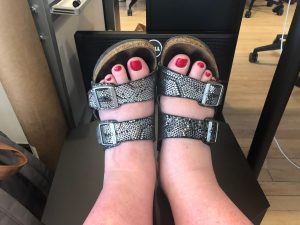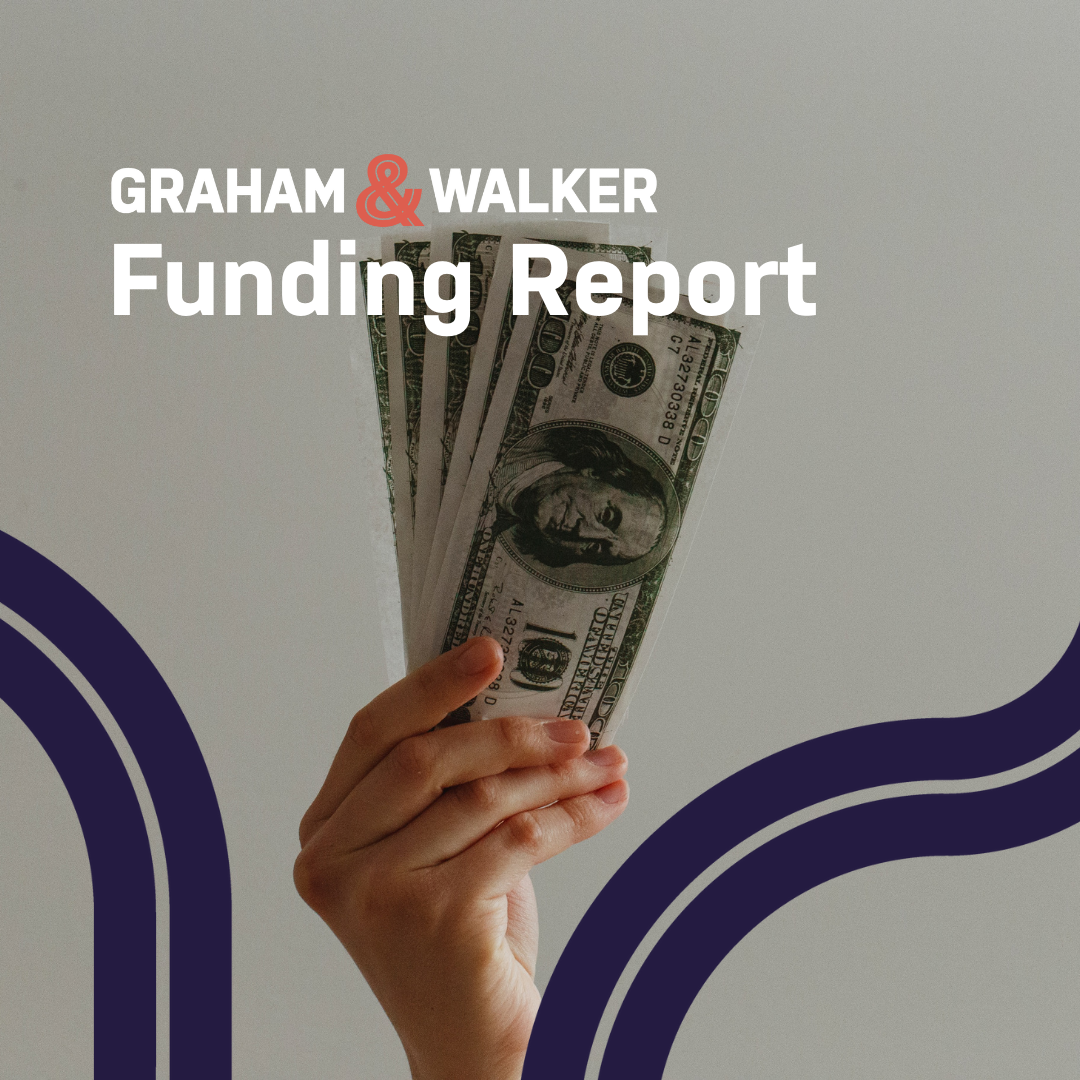There’s a subject so taboo in startups that only the ultra-successful are willing to openly talk about it:
Slowing down.
In an industry that glorifies hustle, brutal work schedules, and “crushing” results, it’s hard for a founder to admit when they need to slow down. You know you’ll be judged, and you might miss out on funding, jobs or other opportunities if a VC thinks you won’t give it your all. It’s part of the bias that affects all female founders of childbearing age (i.e. the vast majority of us). I’ve been told that point blank by a kind and reputable VC: “If a woman walks in my door, how do I know she won’t want to quit when she has a baby? After all, my wife did.”
I don’t speak for all women, but I can confidently say that nobody who is crazy enough to launch a startup, confident enough to ask for venture capital, and good enough to get it, is likely to give up their dream – and blow their trustworthiness among investors – all that easily.
I can also confidently say that slowing down is a net positive. Because entrepreneurship is a marathon, not a sprint. And nobody can run a marathon at a steady sprinting speed. You slow down uphill. You breeze through the easy patches. What matters is that you accomplish your goals.
This week, investor Arlan Hamilton stepped down from her CEO role, admitting that even she, force of nature that she is, can’t do the job of four people at once. In saying so, she’s broken with this ugly taboo, and hopefully taught more in our industry to value sustainability over grind.
At 35 weeks, my body is undeniably forcing me to slow down.
Right now walking my daughter home from daycare feels like I’m running a marathon (I must look miserable; another mom high-fived me this week for encouragement). For someone who thrives on high speed, the physicality of pregnancy is absolutely crazy making.
A short explanation for those of you who have never or will never experience pregnancy. There is an entire human being growing inside of me. Mine is a little girl that is compressing my lungs (so it’s hard to breathe), my bladder (so I have to pee frequently) and my stomach (so I can eat very little at a time). You need more sleep than usual, yet sleeping soundly is hard. Your body gets bloated, your center of gravity changes, and you’re much less agile than usual. In other words – you become slow and clumsy. And to top it all off, when you’re this far into the pregnancy, walking triggers Braxton Hicks contractions – pretty painful ones, too.
Incidentally, these side effects are all the common ones. You would not believe the giant list of less frequent, seemingly random, extra fun side effects and complications that get piled on top.
Still with me? Great. Thanks for letting me vent. Because long story short, at 35 weeks, try as I might, I have no choice but to slow down.
And that is a good thing. Here’s why.
You’re forced to prioritize.
Work is like vapor – it will take up all the room you allow it to. But when you’re forced to compress, you’re also forced to prioritize, revealing the truly urgent and truly important from the pile of stuff you could tackle or rathole on because it’s only 7pm and you’re supposed to be hustling 24/7 anyway. True prioritization makes me, and my entire organization, much smarter, more strategic, and more sustainable in the long term.
You empower your team.
You know how they say: if you want to go fast, go alone, if you want to go far, go together? This is especially hard for startup founders who like speed. But when you have to slow down, you learn to ask for help, give up control, and delegate not just tasks but decision making, too. This uncovers the strength of your team and their ability to function without you – which, at best, is a great outcome for the company, and at worst you at least found out before it’s too late.
You learn to remember your own health.
It is so much easier to prioritize your health when there’s a baby inside you than when it’s just you and you’re generally fine. And – obviously for the long term health of your startup – it’s important to stay healthy and strong. The trick is to make a habit out of it – so ask me again in a year if I stuck with my own advice.
***

The 24/7 hustlers among you may not believe me and you might judge me and that’s ok. My guess is that the more mature among us realize that pace is a strength, and comparing hours is overcompensating for insecurity. The best leaders are those who can build and sustain successful enterprises, empowered teams, and happy stakeholders. Does that sound like a sprint to you?

